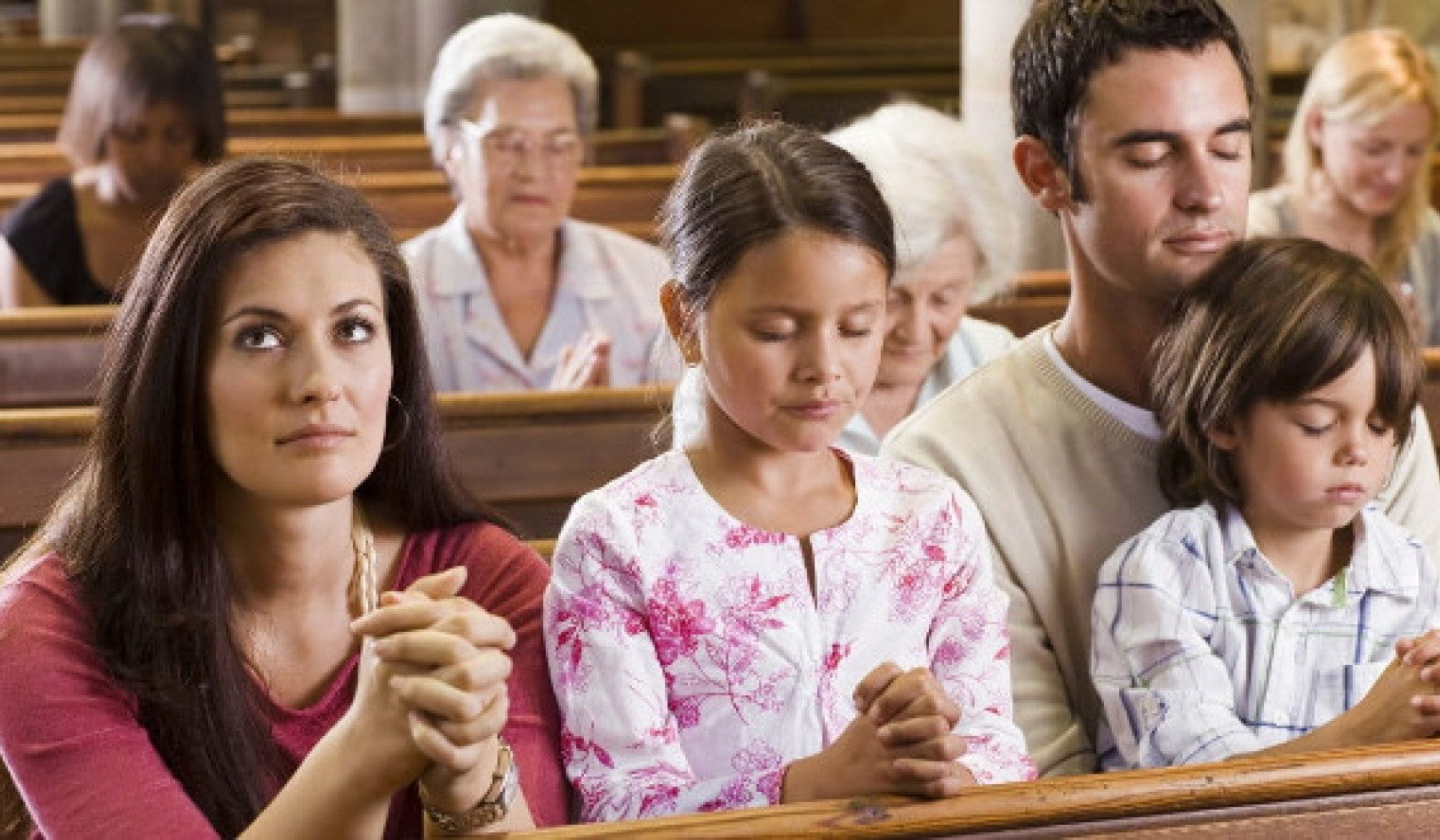
It scares us more than anything except death. Being alone.
Our fear of aloneness is so ingrained that given the choice of being by ourselves or being with others we opt for safety in numbers, even at the expense of lingering in painful, boring, or totally unredeeming company.
And yet more of us than ever are alone.
While many Americans have their solo lifestyles thrust on them -- people die, people go away -- a huge and growing population is choosing to be alone.
Is Living Alone a Growing Trend?
In 1955, one in ten U.S. households consisted of one person. By 1999, the proportion was one in three. Single men and women accounted for 38.9 million of the nations 110.5 million households. Sixty percent of them were under the age of sixty-five; roughly 60 percent of them were women.
On the cusp of the new century, approximately 14.3 million American women and 24.6 million American men over the age of twenty-five lived alone, according to the U.S. Census Bureau.
By 1999, single parents with children under the age of eighteen made up 27.3 percent of the nation's 70.9 million family households. Among them were 2.1 million father-child and 9.8 million mother-child families. Forty-two percent of single-parent mothers had never wed.
Meanwhile, many more Americans are divorcing. In less than three decades, reports the Census Bureau, the number of divorced men and women has more than quadrupled -- to a total of 18.3 million in 1996, compared to 4.3 million in 1970.
And many more Americans are not marrying. The number of adult men and women who have remained single has more than doubled in thirty years-to 44.9 million in 1996 from 21.4 million in 1970.
"Never before in American history has living alone been the predominant lifestyle," observes demographic trends analyst Cheryl Russell, who predicts that single-person households will become the most common household type in the United States by the year 2005.
Why the Persistent Conviction That Living Alone is Hard?
Nonetheless, we persist in the conviction that a solitary existence is the harshest penalty life can mete out. We loathe being alone -- anytime, anywhere, for too long, for whatever reason.
From childhood we're conditioned to accept that when alone we instinctively ache for company, that loners are outsiders yearning to get in rather than people who are content with their own company.
Alone, we squander life by rejecting its full potential and wasting its remaining promises. Alone, we accept that experiences unshared are barely worthwhile, that sunsets viewed singly are not as spectacular, that time spent apart is fallow and pointless.
And so we grow old believing we are nothing by ourselves, steadfastly shunning the opportunities for self-discovery and personal growth that solitude could bring us.
We've even coined a word for those who prefer to be by themselves: antisocial, as if they were enemies of society. They are viewed as friendless, suspect in a world that goes around in twos or more and is wary of solitary travelers.
People who need people are threatened by people who don't. The idea of seeking contentment alone is heretical, for society steadfastly decrees that our completeness lies in others.
Instead, we cling to each other for solace, comfort, and safety, believing that we are nothing alone -- insignificant, unfulfilled, lost -- accepting solitude in the tiniest, most reluctant of slices, if at all, which is tragic, for it rejects God's precious gift of life.
Craving More Intimacy & Companionship Than We Can Bear
Ironically, most of us crave more intimacy and companionship than we can bear. We begrudge ourselves, our spouses, and our partners sufficient physical and emotional breathing room, and then bemoan the suffocation of our relationships.
To point out these facts is not to suggest we should abandon all our close ties. Medical surveys show that the majority of elderly people who live alone, yet maintain frequent contact with relatives and friends, rate their physical and emotional well-being as "excellent." Just as an apple a day kept the doctor away when they were young, an active social calendar appears to serve the same purpose now.
But we need to befriend and enjoy ourselves as well.
How does that old song go? "I've been to paradise, but I've never been to me...."
"We must relearn to be alone," exhorts Anne Morrow Lindbergh in her inspirational book, Gift from the Sea. "Instead of planting our solitude with dream blossoms, we choke the space with continuous music, chatter, and companionship to which we do not even listen. It is simply there to fill the vacuum."
"We can't stand the silence," said Agnes de Mille, "because silence includes thinking. And if we thought, we would have to face ourselves."
Mastering the Art of Flying Solo
Let us learn, then, from those in search of what they have not been able to find and hold in the press of humanity around them: peace of mind, gentleness of heart, calmness of spirit, daily joy. Those who are mastering the art of flying solo and soaring to their highest human potential. Who have come to understand that to know and to love and to be of value to others, they first must know and love and value themselves; that to find their way in the world, they have to start by finding themselves.
"Before we can surrender ourselves we must become ourselves," Thomas Merton pointed out. "For no one can give up what he does not possess:"
They are the men and women who have found nobility in turning to themselves first when facing life's challenges -- and not blaming anyone else if they fail.
Who find silence eloquent rather than empty.
Who have discovered that being alone can impose a startling clarity in their lives, achieved through the personal reflection we seem to allow ourselves only in times of severe loss and intense grief.
Who trust their aloneness, using it to embrace and nurture their individuality, to celebrate themselves in their own special ways.
Who have become boon companions to the best friends they'll ever have. Guess who?
Who are living alone well, even magnificently, in full affirmation of the preciousness of life.
The premise of this book is timeless and simple: there are gifts we can only give ourselves, lessons no one else can teach us, triumphs we must achieve alone.
It is all right to be alone, to want to be alone, to be alone and not lonely -- even to be lonely at times -- because the rewards of solitude are worth the deprivations.
Above all, we must hail the silence.
Reprinted with permission of the publisher,
Beyond Words Publishing.
http://www.beyondword.com
Article Source:
Celebrating Time Alone: Stories of Splendid Solitude
by Lionel Fisher.
 Choosing to enrich your life by yourself is very different from being “lonely.” In Celebrating Time Alone, Lionel Fisher shares his personal reflections on solitude, brought into sharp focus by living alone for six years on a remote Pacific Northwest beach. He supplements his own reflections by interviewing men and women who have stretched the envelope of their aloneness to Waldenesque proportions. All the material is intended to offer counsel, inspiration, affirmation, insights, encouragement, and advice on living well alone, to help learn to use solitude and periods of aloneness for self-discovery and personal growth—whether they choose aloneness or have it thrust on them.
Choosing to enrich your life by yourself is very different from being “lonely.” In Celebrating Time Alone, Lionel Fisher shares his personal reflections on solitude, brought into sharp focus by living alone for six years on a remote Pacific Northwest beach. He supplements his own reflections by interviewing men and women who have stretched the envelope of their aloneness to Waldenesque proportions. All the material is intended to offer counsel, inspiration, affirmation, insights, encouragement, and advice on living well alone, to help learn to use solitude and periods of aloneness for self-discovery and personal growth—whether they choose aloneness or have it thrust on them.
Click here for more info and/or to order this book or download the Kindle edition
About the Author
 Lionel Fisher's reflections on solitude came into sharp focus during six years spent by himself on a remote Pacific Northwest beach where he kept a detailed journal to record his thoughts, feelings, and emotions during this climactic period of willful isolation. The author of Celebrating Time Alone: Stories of Splendid Solitude, On Your Own: A Guide to Working Happily, Productively, & Successfully from Home and The Craft of Corporate Journalism, he also writes a column on the art of celebrating time alone. He may be contacted by email at
Lionel Fisher's reflections on solitude came into sharp focus during six years spent by himself on a remote Pacific Northwest beach where he kept a detailed journal to record his thoughts, feelings, and emotions during this climactic period of willful isolation. The author of Celebrating Time Alone: Stories of Splendid Solitude, On Your Own: A Guide to Working Happily, Productively, & Successfully from Home and The Craft of Corporate Journalism, he also writes a column on the art of celebrating time alone. He may be contacted by email at
More books by this Author
at InnerSelf Market and Amazon


























